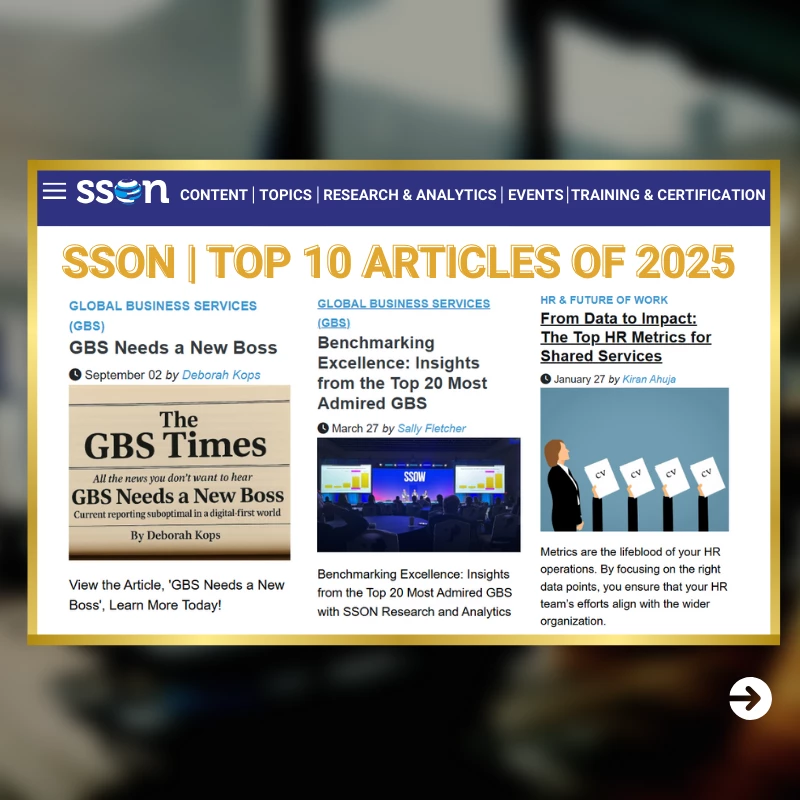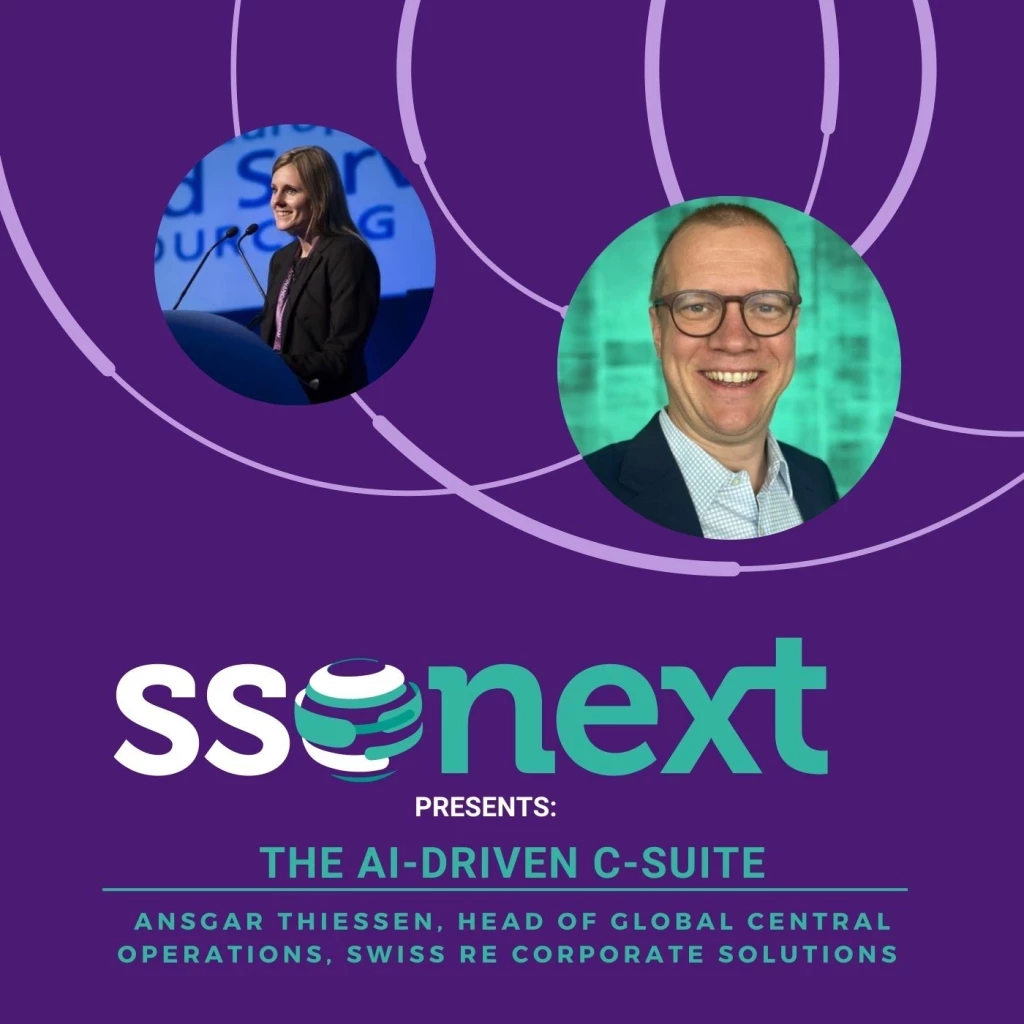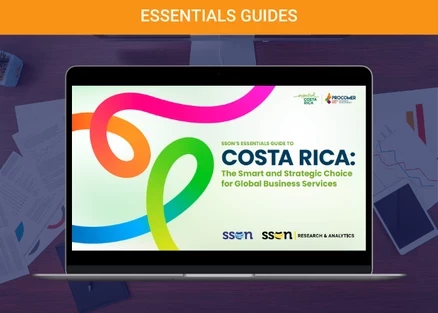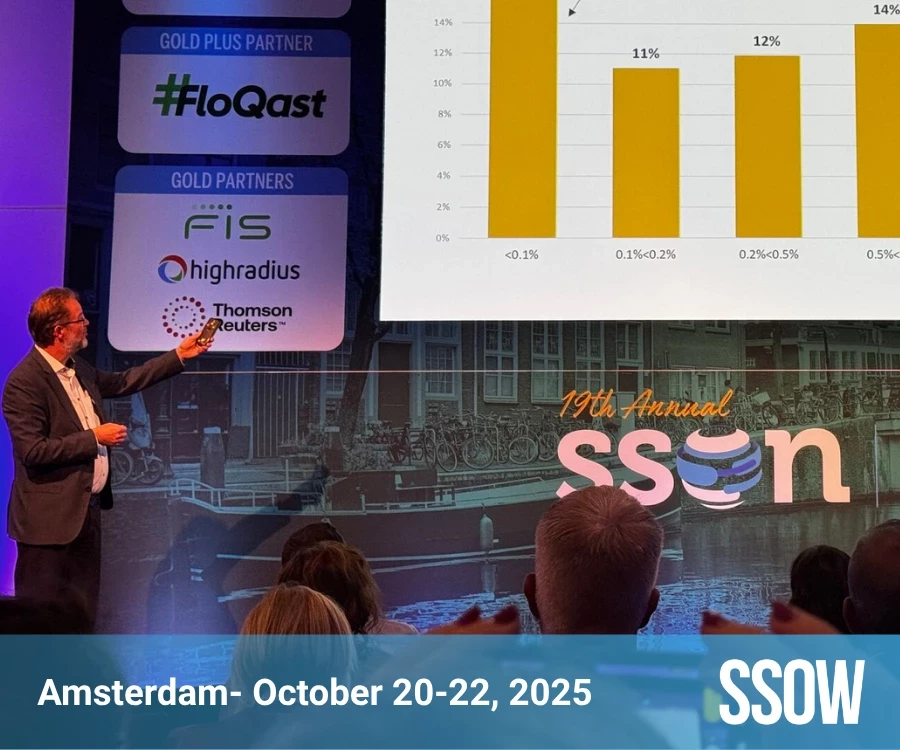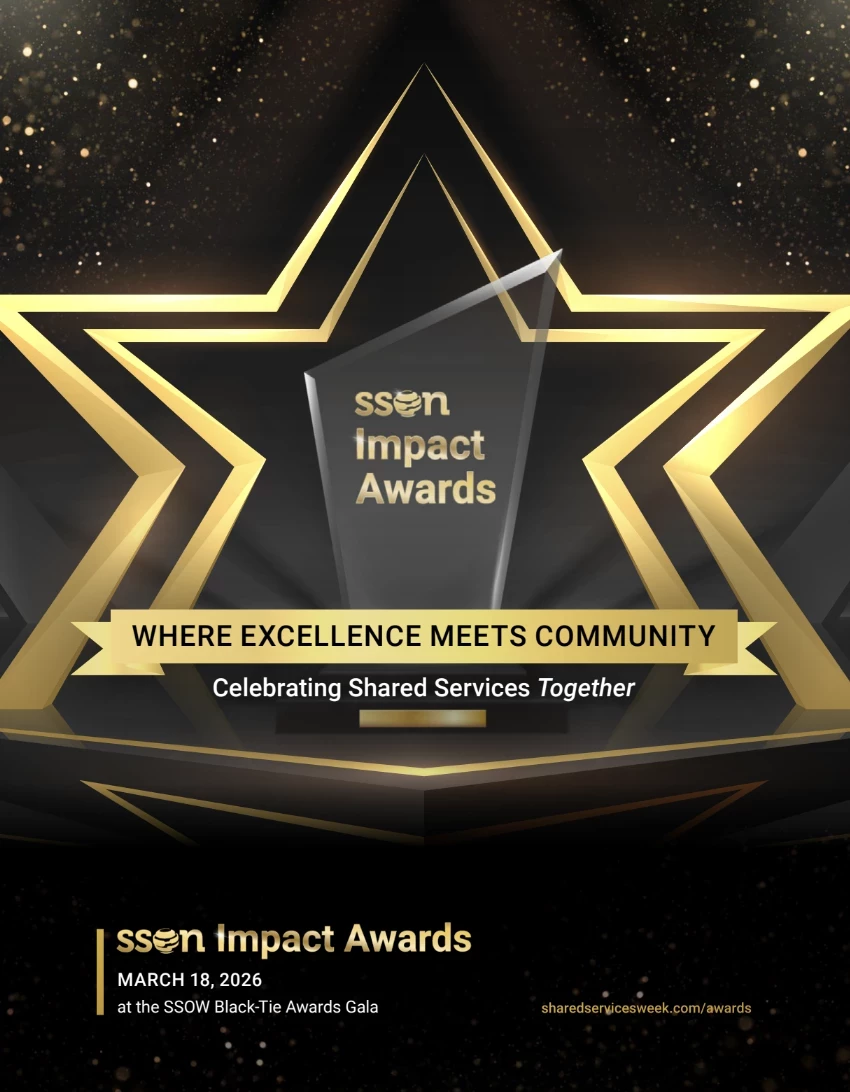The Moreira Chronicles: Bangemann and Zabel on the Future of Shared Services [Part 1]
Add bookmarkOver the past year, Pedro Moreira has written a series of columns for SSON summarizing his experience in rolling out an enterprise SSO model to a subsidiary, emphasizing the pros and cons of this approach.
Following the conclusion of this series, Pedro interviewed two well-known practitioners – Tom Bangemann of the Hackett Group and Kai Zabel of Heraeus Group, both highly respected practitioners in the field of Shared Services, with decades of implementation experience.
Over the next two months, we will be sharing a transcript of these interviews right here, covering the role of the SSO, its evolution and future trends; implementations and operations; and a discussion around GBS and new robotic technology.
Left: Pedro Moreira, Shared Services Expert
Middle: Kai Zabel, Head of Shared Services for Accounting, Heraeus Group
Right: Tom Olavi Bangemann, Senior Vice President Business Transformation at The Hackett Group
Part 1: Role of Shared Services Organizations, Evolution and Future Trends
Pedro Moreira: How do you see the evolution of the SSO in the past 10 years, and how do you see its role today in the organization?
Tom Bangemann: We’ve been talking this shared service or global business services topic now for about 20+ years. We’ve got quite some development over those 20 years and obviously, depending on who you talk to today, there are people who started yesterday and they will have very different views and very different questions from somebody who started 20 years ago. Nevertheless, it’s a significant transformation in terms of the topic itself because when we started it was obviously for, in most cases, individual’s models of shared service centers on transactional activities mostly in accounting, which was what it was mostly in the beginning. Then you put 5000 people into one location and produced accounting for a selection of countries or a selection of sites even within the country, normally within one business unit or division, it was not really dramatic but the basic idea of running activities like that from a consolidated environment was good and it’s been growing so nowadays we are far away from that. I don’t think there are many companies left who only do Subledger accounting, I mean they were doing originally Subledger accounting nowadays we have a lot of General Ledger included.
Anyway, development in the markets today is that most companies are in some sort of GBS model (Global Business Services) - we can get into that later, what it is - they basically run multi-functional shared service type activities, doesn’t mean everything is included but it is often things out of different functions and they will often have several centers but it’s a limited number. It’s not going to be 27 centers anymore it’s maybe between 3 and 10 globally if you have local operating companies.
The biggest change is that companies are increasing and moving into something more sophisticated, skill and knowledge base activities which provide more value or added value type outputs and depending on your organizational maturity level, what comes out of it can be more or less exciting.
The development has been that the concept has been well established and basically any type of company out of any region, any size, any industry, would look at this service delivery model and utilize it as much as possible, but still they all come up with their own solutions.
Kai Zabel: And I think that might be a good point to explain the current situation at Heraeus: we are one of the late adopters of shared services, we started with two individual shared service centers at different locations. In the meantime, we developed into a global organization with five centers of equal scope, focused on transactional finance. Furthermore, we started to expand our service scope into more sophisticated processes like General Ledger.
The relevance of the shared service organization increased within the company in the course of our journey as well. We were one of the forerunners at Heraeus when we started. Everyone looked to us to find out if the concept works. It does work and we showed that we can deliver the benefits. The relevance of the SSC increased in line with our scope enhancements
PM: So, basically the shared services organization are developing evermore into supporting the business more, integrating the business while 10 years or 20 years ago it was mostly cost-efficiency, maybe optimizing some processes, now it’s much more dynamic and flowing with the business?
TB: Yes. If you take the drivers, in the first stage is efficiency, which translate into cost mostly, and after that it is effectiveness, which translates into quality of service level and the last level is value, or added-value, outputs which are really useful from a business point of view and that’s when you’re often not purely in support activities anymore but you are actually closer to core business.
PM: An organization that nowadays which still does not have its own shared services and wants to start, they have to go through all the steps? Do they have to start at cost efficiency, process optimization, until they can move on to the next stage or, with the current level of accumulated experience and knowledge in the industry, they can move directly to a more advance stage?
TB: In reality in this space you can’t really take quantum leaps, it is very difficult, you would normally run through the same logic. Of course you can learn from others and then, as you pointed out, you can have higher speed, running through it, but reality tells us that most companies will run through very similar life cycles of transformation journeys.
If you start today, you can go out there and look at somebody who has a solution which has been developed over 20 years. The problem is that if you do that, you’re going to see something which you’ll find is completely impossible for you to achieve, it’s so far away.
PM: You can benchmark but you’ll have to go through all those phases even if at a much faster speed that other companies did in the past?
KZ: I believe that, in general, when an organization starts a journey of shared services or alternative sourcing at all, you have to go for an acceptance within the organization and you have to prove that that concept you will try to implement works. This drives your journey. You have to quickly show benefits and to prove your concept in your own organization. Once you’ve achieved that, you can consider a different journey. But you can’t bypass the initial steps: prove the concept, implement it, show the benefits and get acceptance in the organization. You will manage all this if you start with a huge scope that the absolute forerunners in the SSC’s developed. That’s my belief and maybe that’s the reason why it is important to run through each phase.
Part 2 next week: The Future of GBS
[inlinead]










